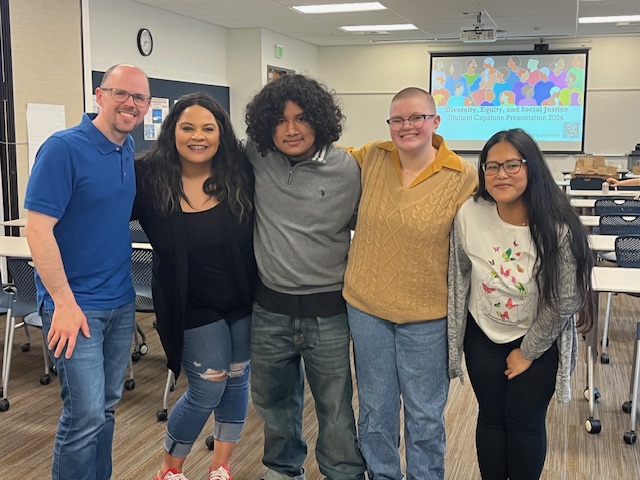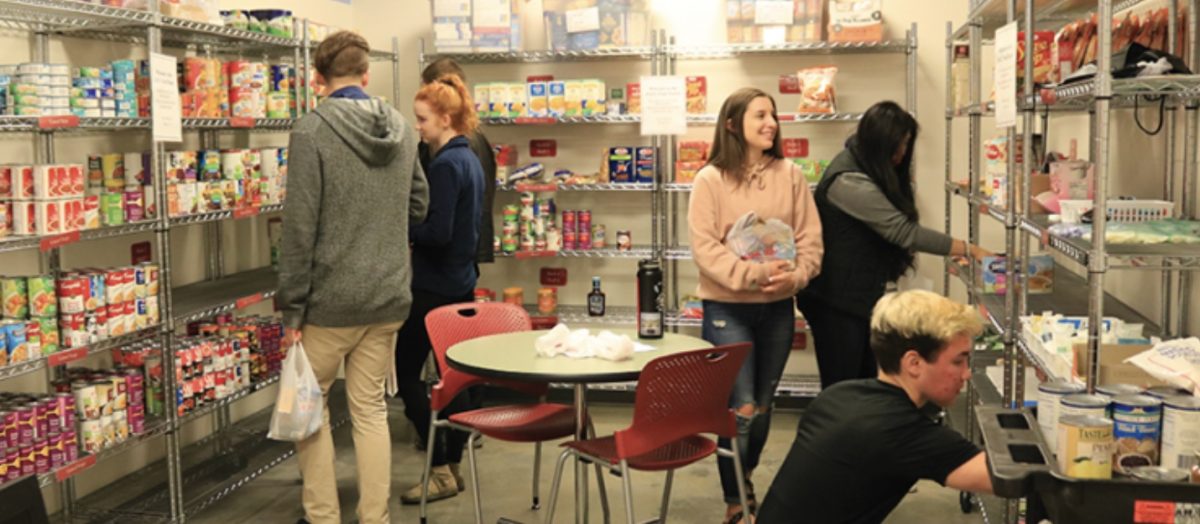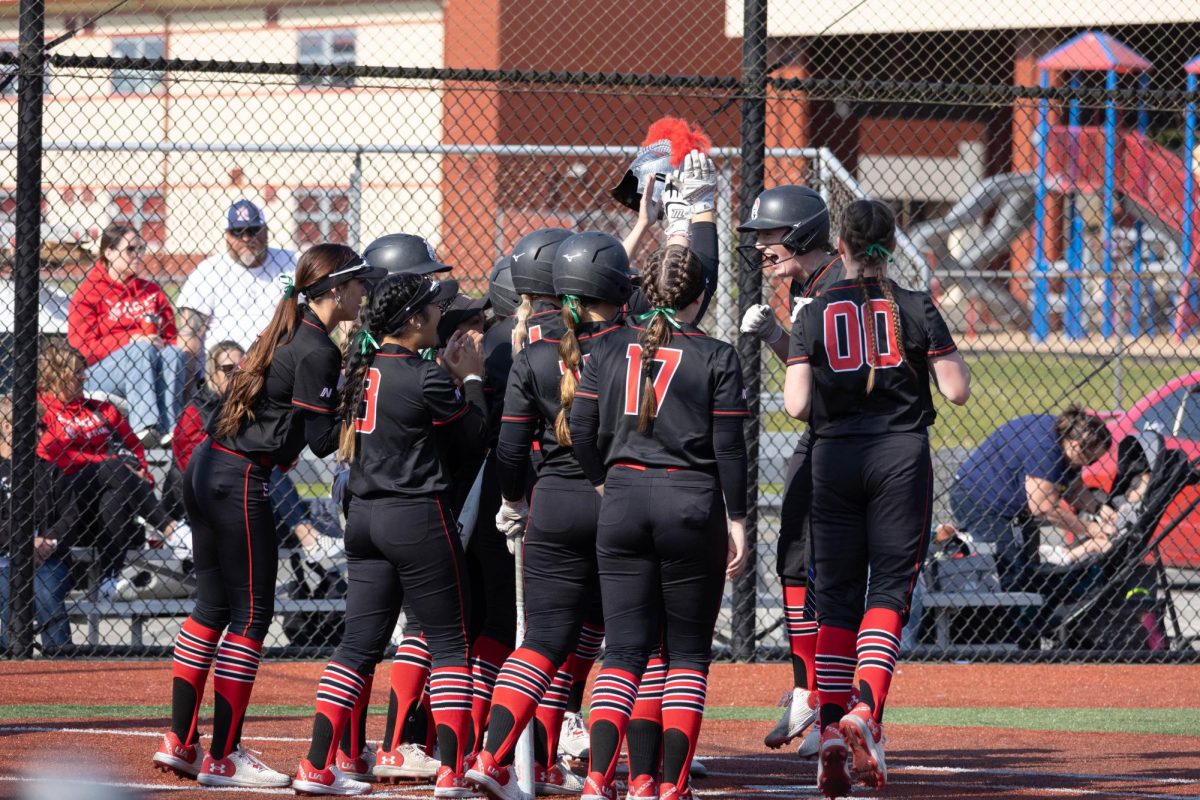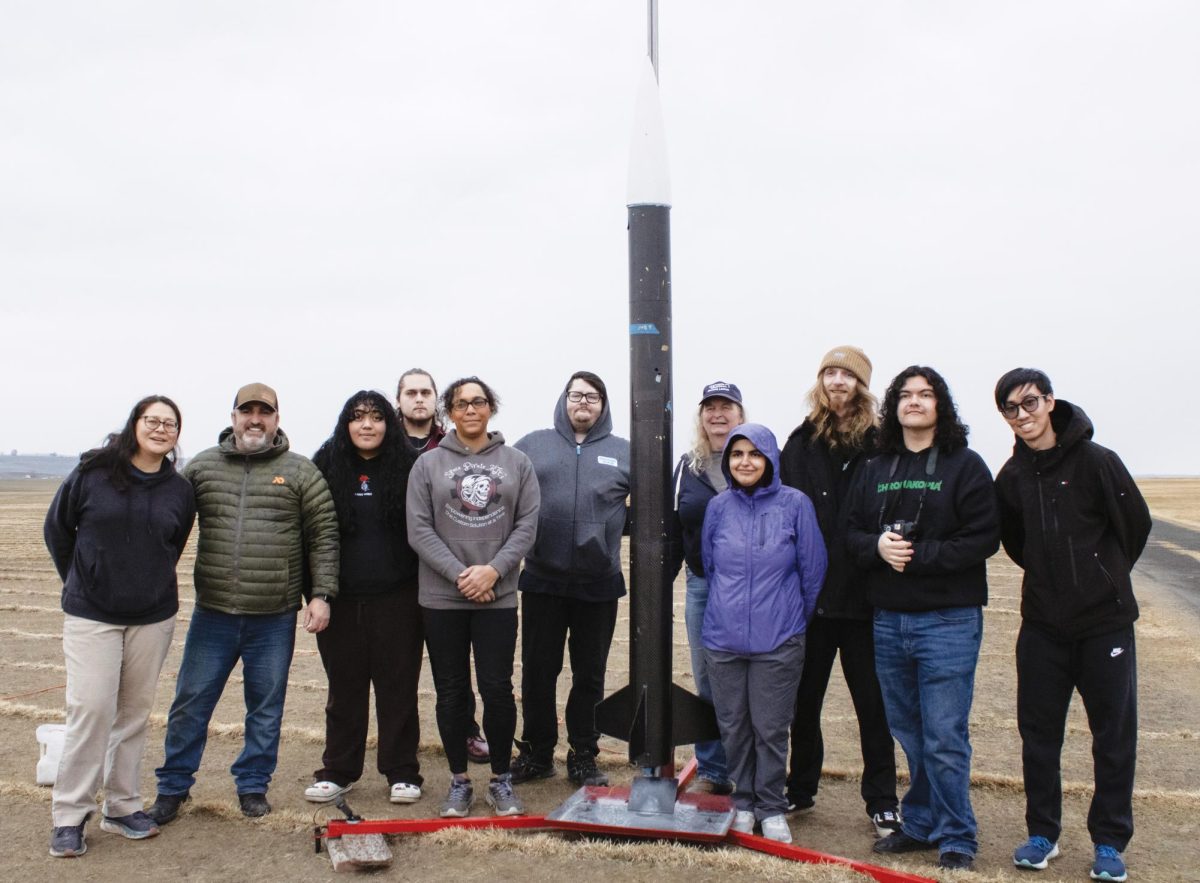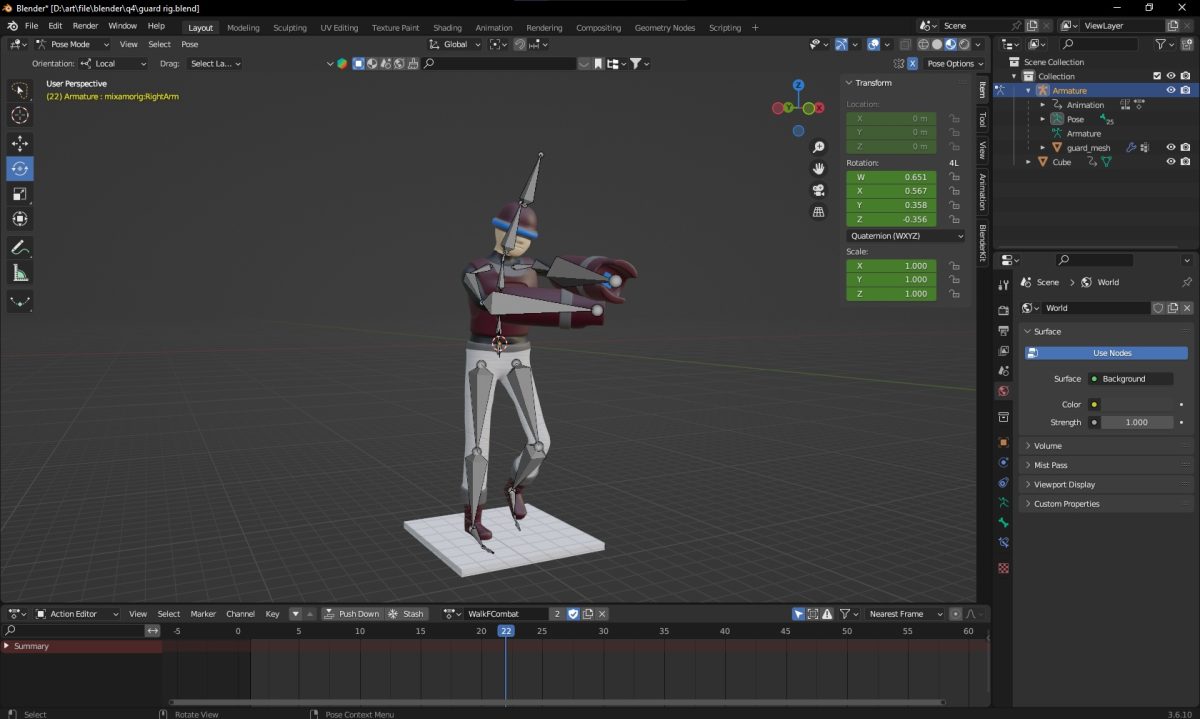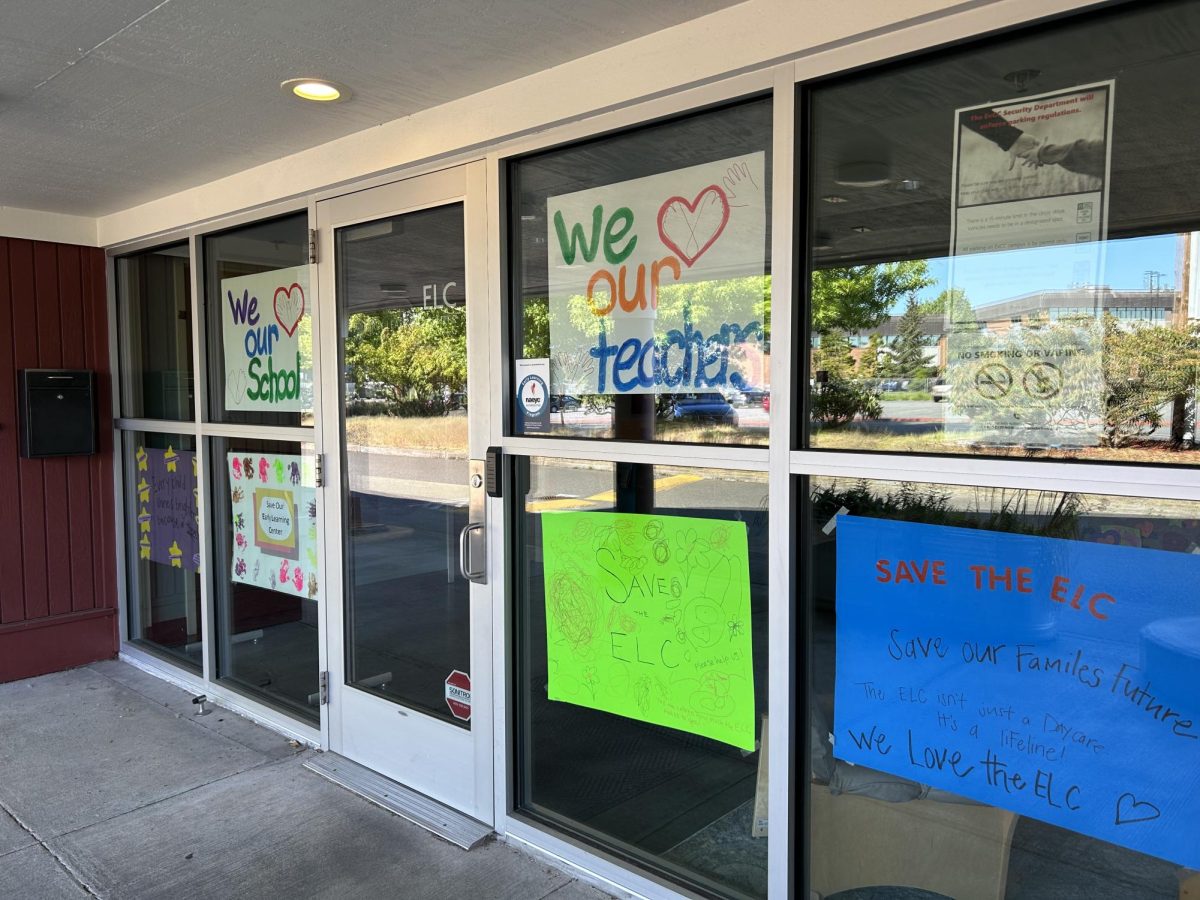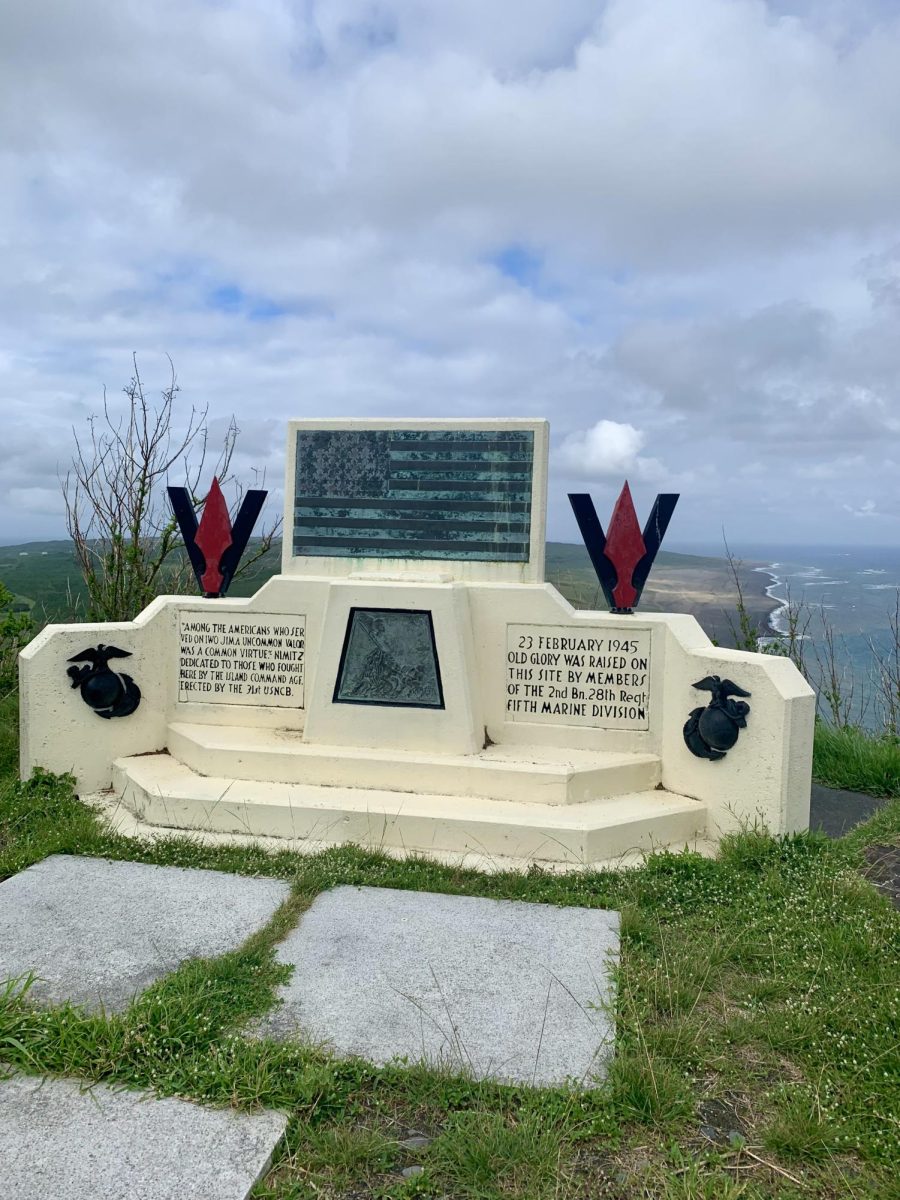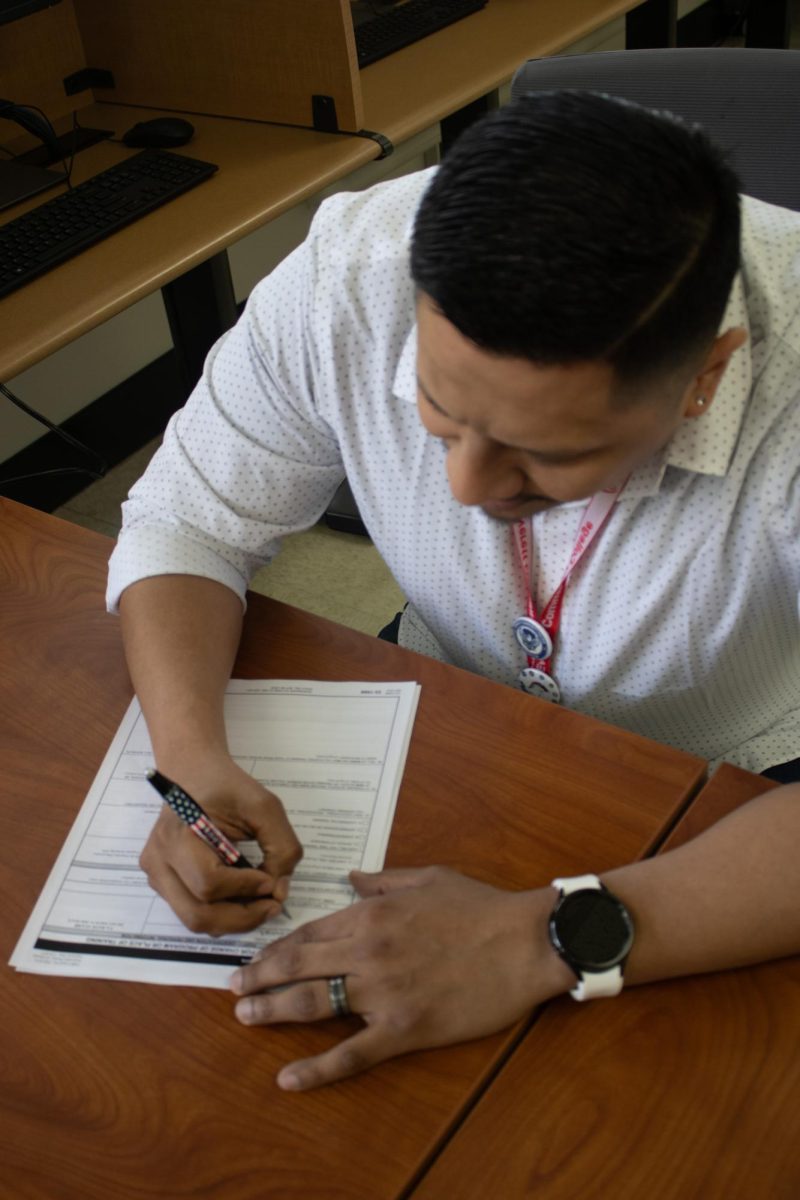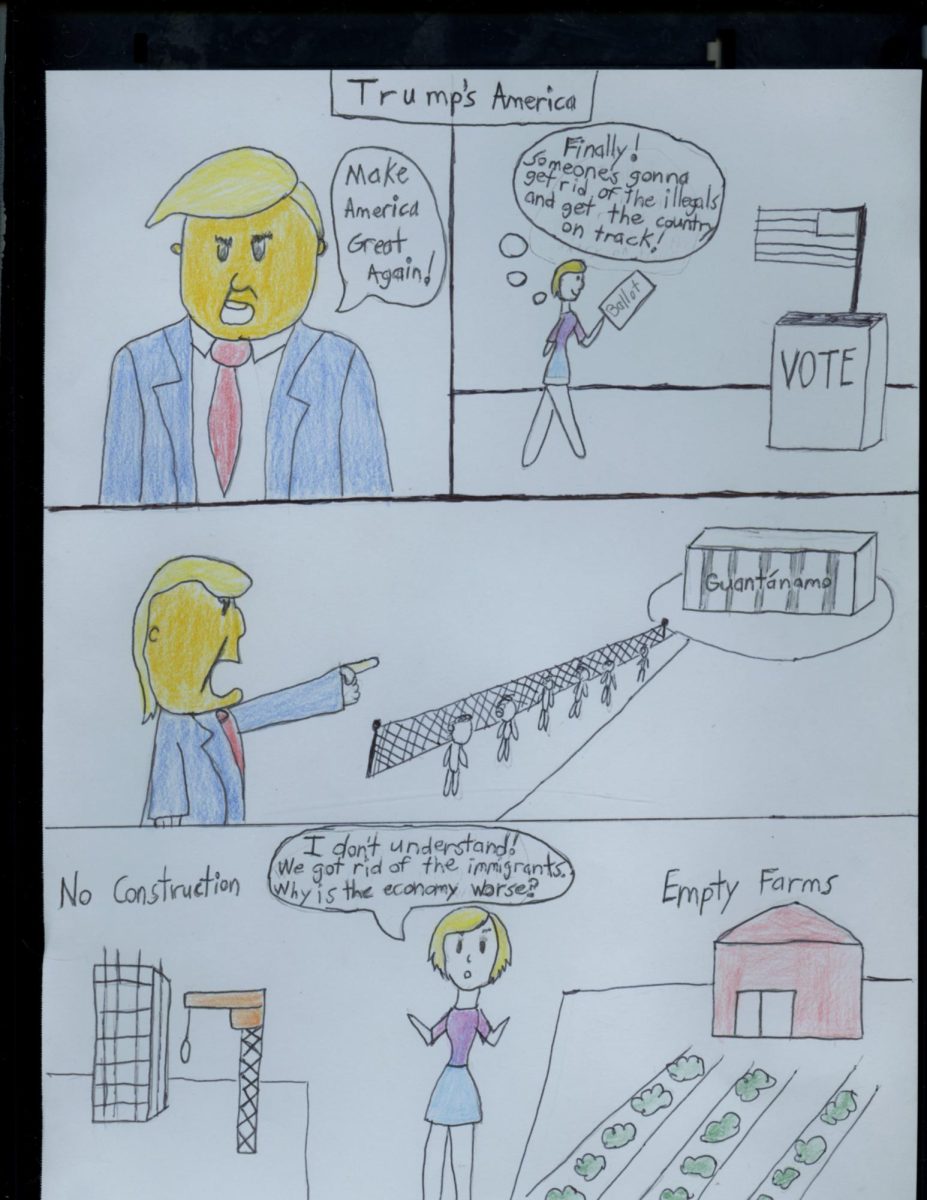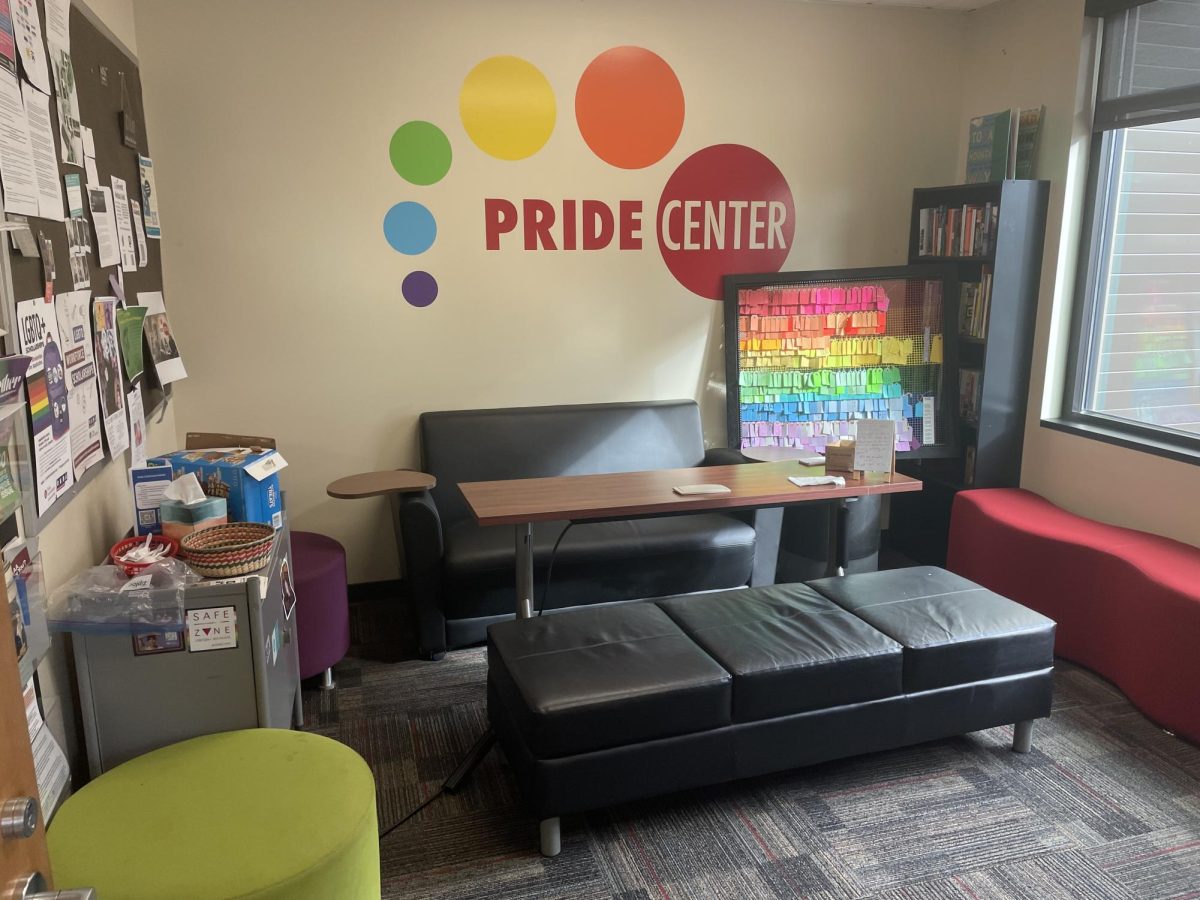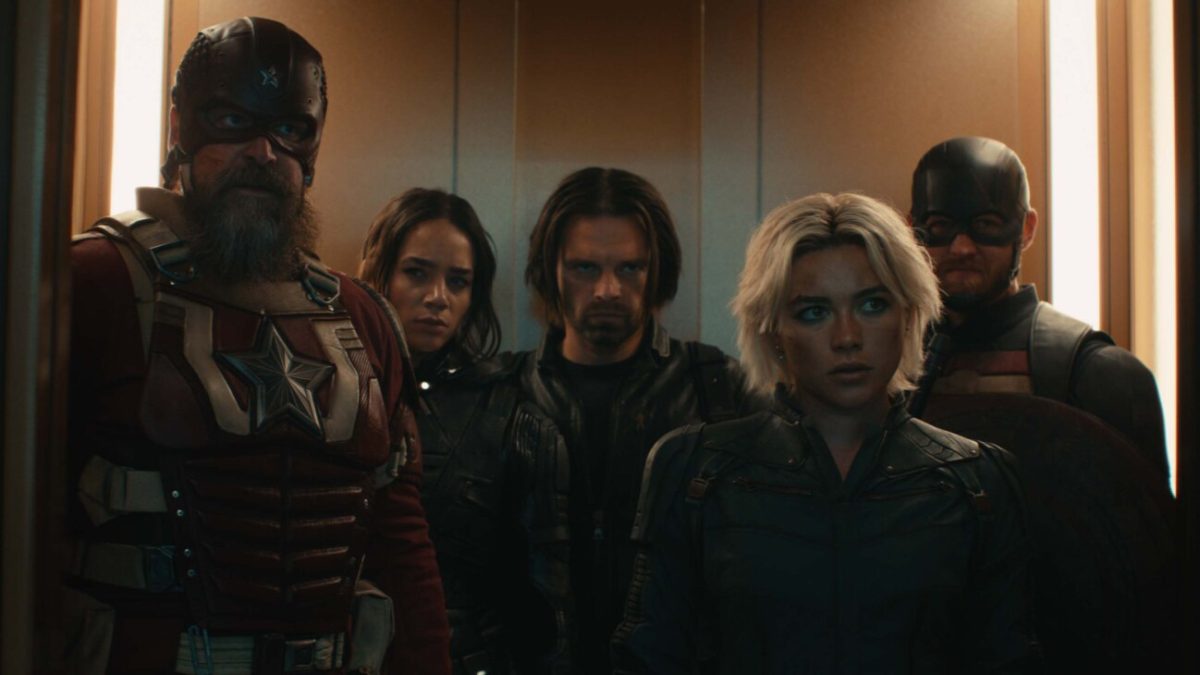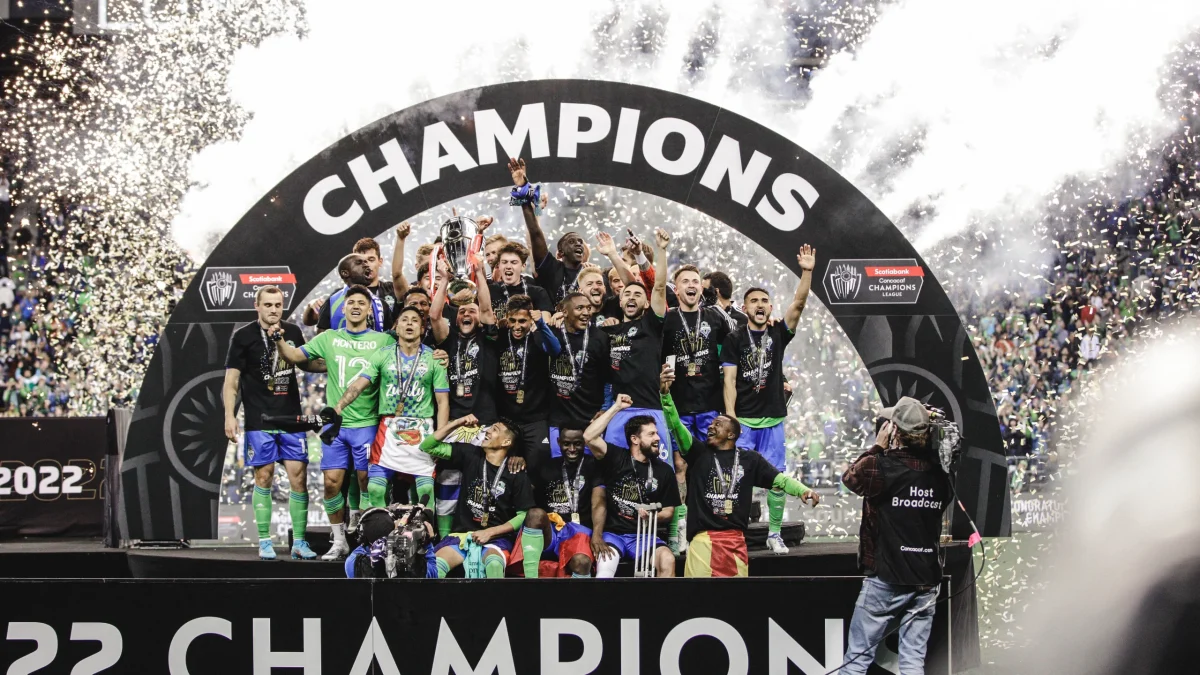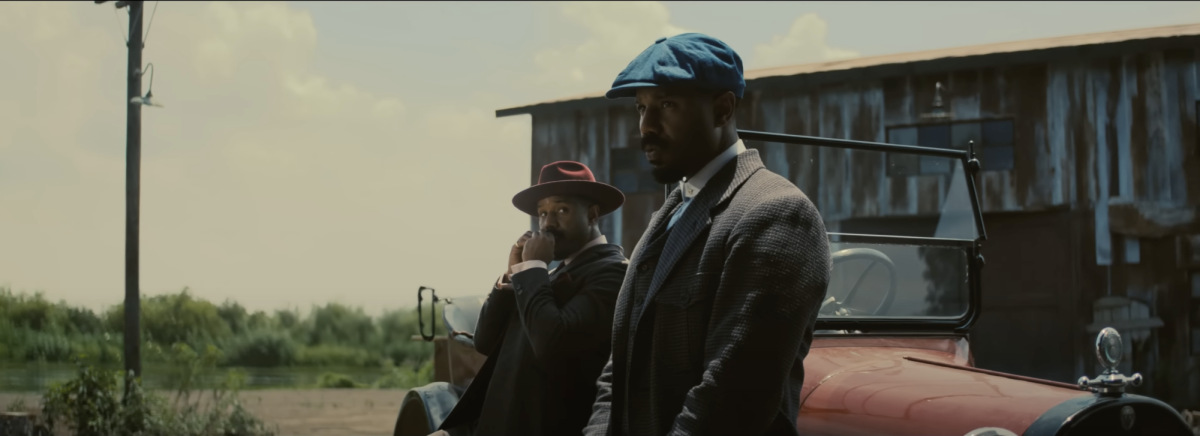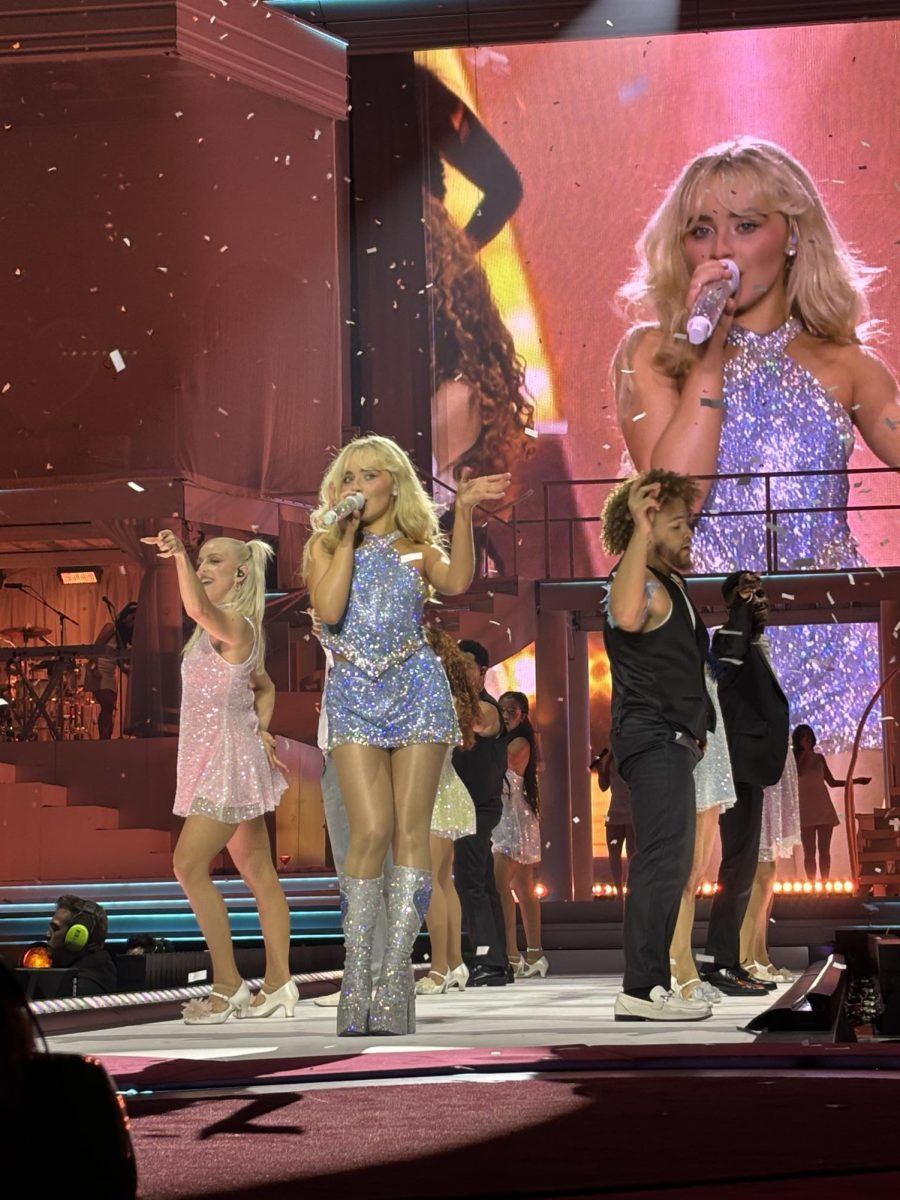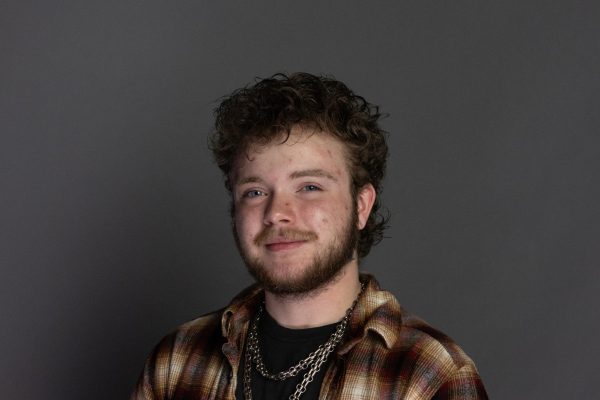With the end of 2024 quickly approaching, enrollment for winter quarter is upon us. For those wondering about diversity, equity and social justice as a pathway, a capstone class run by instructors Phebe Shen and Omar Marquez offers a unique opportunity.
The class focuses on civic engagement and action for communities in and around the college.
Beginning Jan. 1, “Inquiry to Civic Action” or DESJ 297 will be held on campus on Tuesdays from 1:30 p.m to 3:00 p.m. Work done individually and in collaboration with other students will accumulate into a finalized research plan, which will be brought to life in a connected follow-up class, DESJ 298.
“We developed it as a group. The DESJ instructors came up with the idea together. We were interested in creating a program in which students could actively participate in something instead of just learning theory,” said Phebe Shen.
“We were interested specifically in how this track or major could make you employable. The idea that we (do) not just want to help people learn, but also how to take that next step forward.”
With 25 seats open and five spots on the waitlist, there is availability for students who express interest in this pathway and the opportunity for hands-on learning and networking with professionals in the community.
DESJ 297 will allow students the chance to explore civic engagement at the community level and learn how to create meaningful change. The winter quarter class focuses on using methodologies, such as surveys and case studies, to extract key concepts of topics such as social justice from the community.
Students who took this course when it ran during the winter and spring quarters of the 2023-2024 school year tackled a variety of pressing issues, such as unequal access to services due to language barriers and what students think about different support services on campus.
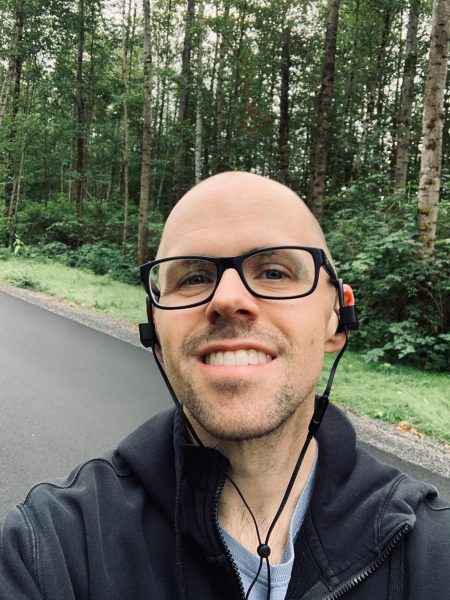
Kirk Ralston, a former student who successfully completed both DESJ classes, worked on a project that required feedback from the community on the current Pride Center at EvCC.
“My overall impression of the class was that it was a lot more involved than I thought it would be,” Ralston said. “I learned about writing a good survey. I learned about open ended questions, and the Likert Scale – how certain questions you want to use ‘agree vs disagree’ questions and others (you want to use) ‘rate your experience’ scale questions.”
The class includes both individual research and group collaboration. Throughout these courses, students are given a structured process of inquiry and reflection to develop their own approach to community engagement. During their research, students connect prior learning with personal values to create action plans for community involvement.
Alena Benoit, another student who participated previously in the course, shared her experience on working with non-native English students. She worked with multiple community members and programs and is in the works of launching a nonprofit inspired by the work she did in these courses.
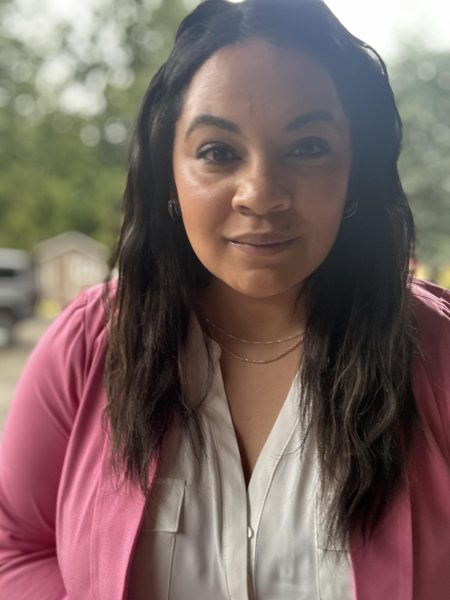
“Empowering diversity and building unity was my mission. Primarily, it was me working with non-native English (speaking) students. It was to teach different types of resources available for the community. For example, one would be a workshop for how to create resumes,” Benoit said.
“When I sat down and talked with the students, they wanted to know more resources on where they could even just go just to learn a little bit of English… you really need to talk with the community. That’s where my nonprofit came from. I started to listen instead of throwing my ideas out there towards them. It was me listening to what their ideas, wants and needs are to be successful.”
The class meets the social science distribution requirements, as well as providing valuable professional development for students. Individuals will have the chance to connect with community members, local leaders and activists who can offer different perspectives and potential partnerships in class, with voluntary continued involvement at the end of the quarter.
The class is designed for students who are interested and committed to learning, as well as to action. This is not a typical lecture based class, however. Time will be spent conducting research, developing plans and reflecting on real-world issues and other opportunities related to civic engagement.
“I connected with organizations like Connect Casino Road and House of Wisdom in Edmonds and Marysville, and the Keep Dreams Alive Foundation,” Benoit said. “I wanted to be part of something bigger than just going to class. Now when I am walking in school, not only am I part of the college, there’s a community of people who might not know how to speak English, but they recognize me and I feel a part of the community.”
Instructors for the class encourage students to reflect on their personal beliefs and values throughout the course. This self awareness and reflection allows students to understand the motivations they have and how their individual world perspectives can shape community involvement.
“I feel like the students who take the class are ready and come with an openness and respect for that sort of difference and engagement. A lot of what was so inspiring about the class was the way that people were open to seeing and supporting one another,” Shen said.
The objective of DESJ 297 and DESJ 298 is to give students the opportunity to take action in the real world. The course is open to any student who has completed English 101 and is looking for interesting and creative ways to explore diversity, equity and social justice.
Currently enrolled students can begin their class selection process and enroll for winter quarter on Nov. 12. Open registration for all students begins on Nov. 19. With limited seating available, do not miss your chance to make a difference and secure your spot for the journey to create change in surrounding communities.

